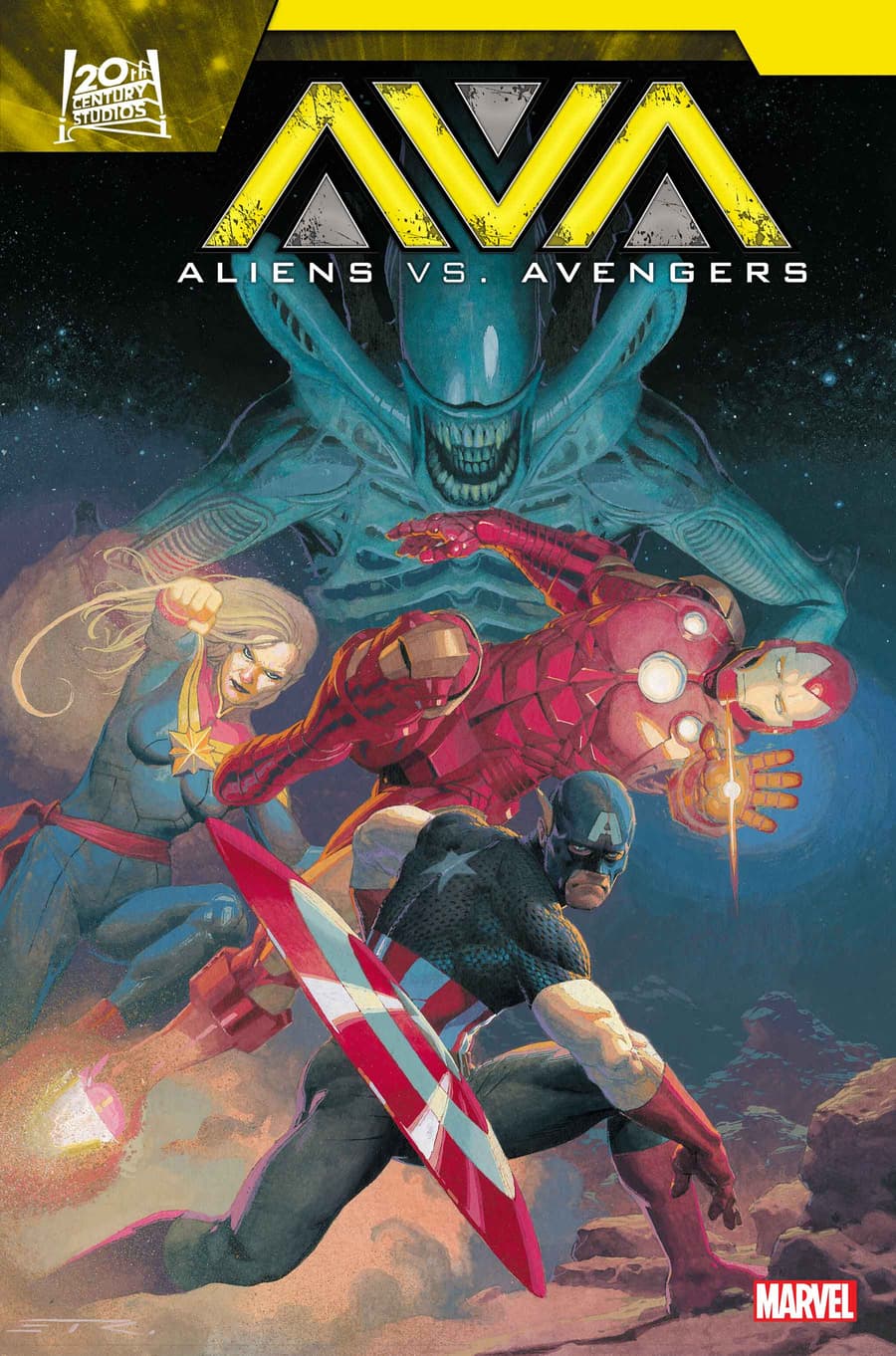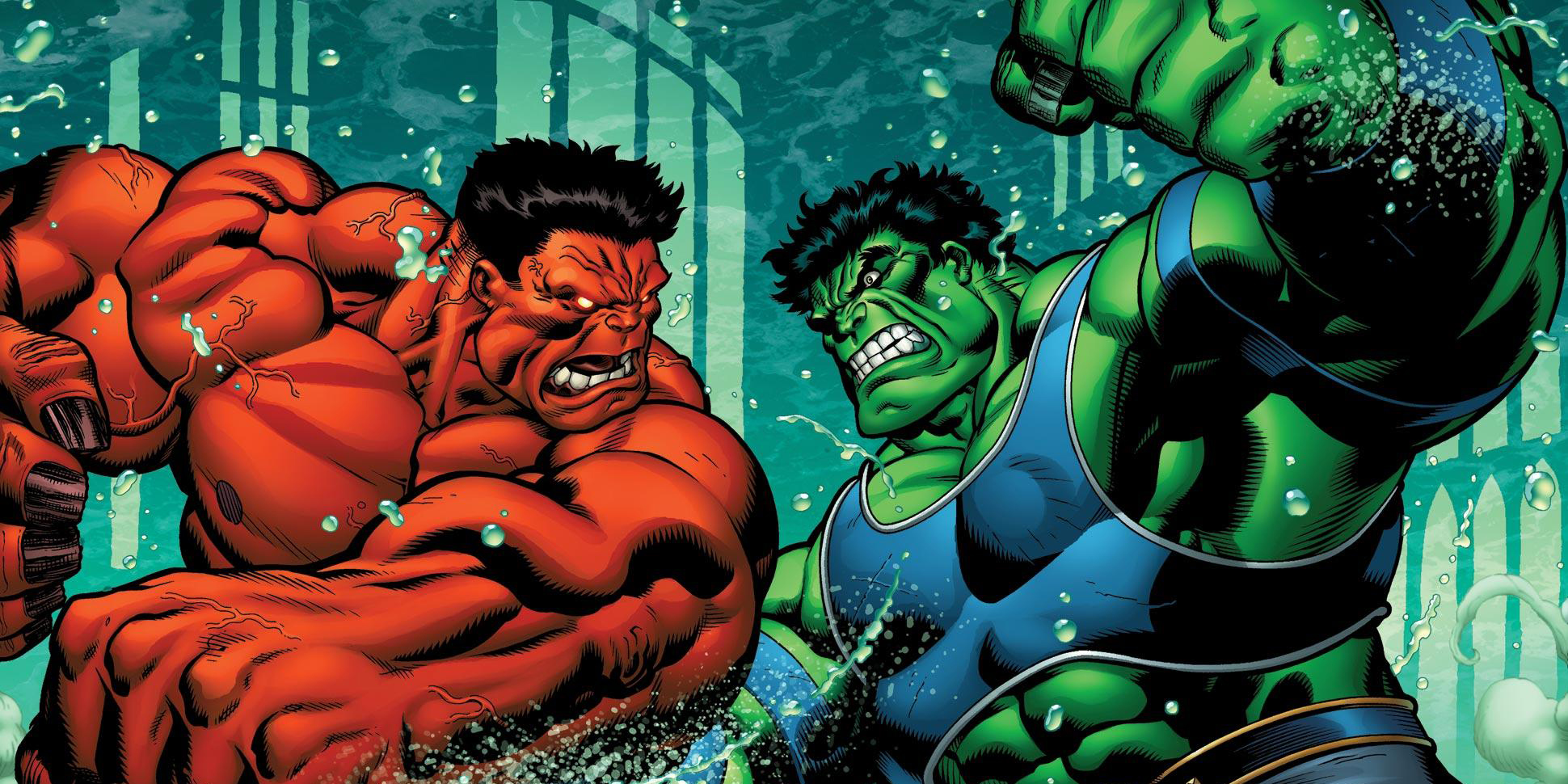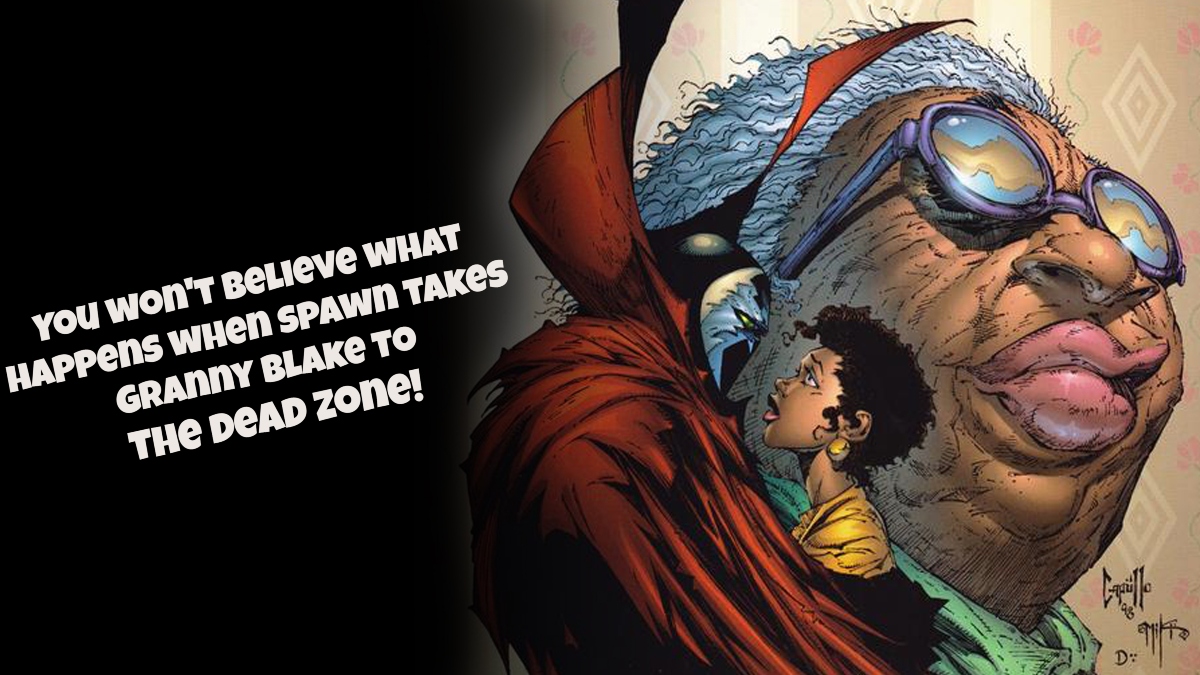
In this divisive world, there is intense friction coming from all sides. One of the most hated groups in America will be with the Ku Klux Klan.
Based on the true story, Spike Lee’s BlacKkKlansman looks into the life story of an African-American police officer who went undercover to infiltrate a local KKK chapter.
The film stars John David Washington, Adam Driver, Topher Grace, Laura Harrier and Alec Baldwin.
LRM Online had an exclusive phone interview with Paul Walter Hauser, one of KKK goons in the film. We talked extensively about playing an unlikable role, Spike Lee, KKK and even saying the n-word in front of Spike and a predominantly African-American production crew.
BlacKkKlansman is out on 4K, Blu-ray, DVD and digital download today.
Read our exclusive interview below.
LRM: Thank you for taking some time to speak with me. Let’s start off with the easy question. Why were you attracted to a project like this for BlacKkKlansman?
Paul Walter Hauser: I was attracted to because of the opportunity to work with Spike Lee. The opportunity to do some character acting. It’s some work at times entertaining, at times difficult and at times tragic.
LRM: What did you like about your character, Ivanhoe? How much extra research did you have to do for your character?
Paul Walter Hauser: I liked the fact that he’s this sort of a lackey. There are many people like him in the real world too. I don’t think they are these sort of violent, hungry people, but I think they’ve been brought up in violence or ugly circumstances that have shaped who they are. I played a person that I disagree with and disliked, but I also know that at the end of the day he was a human being who was probably formed by his surroundings at a young age.
As far as research. I read a book on the KKK on the sorts of different ebbs and flows that the Klansmen went through. There were moments of them feeling empowered. There were moments where they died out. There were decades where they weren’t as prevalent or as visible. The history of that and the fact that it’s run like this sort of pathetic little club. Literally, like a club where people have titles, people have insights, people tender politics and people that disagree with some of the group. I found that fascinating. It humanizes on what on this mythical logical thing of the KKK.
LRM: Did this prove to be more difficult in playing a character that could be hated like this?
Paul Walter Hauser: I don’t. I didn’t find it too difficult to play a character that can be hated and the fact that I disliked the guy. While I tend to never be able to embrace his political views or is racial fears, I can inhabit the fact that he probably knows he’s not intelligent. There’s a part of me that does feel cast out and be a part of something. I think anytime I played somebody I don’t like or love–I usually move to find some sort of similarity within the emotional core. That eventually settles me into being able to actually undertake a character like that. I heard William H. Macy talking about that when it came to Fargo. His character in Fargo is so incredibly unlikable and it took some work to get into playing somebody he didn’t like.
LRM: How about this? Was it easy to play a fictional character that didn’t exist in real life? Obviously, your character wasn’t part of the original story.
Paul Walter Hauser: It’s all the same to me, man. Whether I just offered a play Teddy Roosevelt in 20 years or if I get the part of Amy Schumer’s brother in a Judd Apatow film someday. I don’t really look at them as being more challenging than the other. My process is the same for both, which is some sort of a intense intentionality and thoughts. Then just the freedom to be creative, improvise and explore when you actually get in front of a camera.
LRM: Did you ever have a chance to read Ron Stallworth’s book yourself?
Paul Walter Hauser: I have not read the book, but I watched some of his interviews on YouTube. I’ve read some excerpts from the book. I think my character was a composite of multiple people he had encountered or met during those times. Ron Stallworth, the real man, was at the table read for BlacKkKlansman weeks leading up to the film. I had the chance to meet him. He told me what he always tells me every time I run into him. He said, “Whenever you play that character, whether at a table read or screening, I just want to punch you in the face.” I laughed. I always pull him in for a hug and I told them that I guess I did my job. His approval does mean something to me. Almost as much as Spike’s approval. It’s been interesting getting to know him here and there throughout the course of making the film.
LRM: That’s really awesome. That day you did get the approval from the real deal here. That’s great for you.
Paul Walter Hauser: Once in a while, on social media and we like each other stuff once or twice. It’s fun to know that it stirred up some feelings and maybe some painful nostalgia.
LRM: One of the greatest things that a lot of people have to admire is that you got to work with one of the greatest directors and in history with Spike Lee. Tell me about that experience and how was his direction with you?
Paul Walter Hauser: It was crazy, man. I had the audition for BlacKkKlansman a couple days after the Toronto Film Festival. They’re celebrating the premiere of I, Tonya. When I went in for the audition, I really tried to fight against my timidity and my insecurity. It’s the fact that Spike is who he is. I just went in and I try to be the version of myself that I am in front of friends and family. I was really trying to strip down everything. In doing so, I ended up improvising a lot during the audition. The improv, the malleability and the creativity that I tried to instill flex in front of Spike, I think won me the role. On set, if Spike Lee comes up and says stop improvising, I would stop. He never did that. He literally tucked my leash on the first day and said, “I’d like you to run around barking for the next five weeks.” Spike really seems to behind the monitor. He would give notes to the actors and just come up to me to say, “Do your thing, dude.” I think that freedom and that confidence that he instilled sends a message. It’s one thing to work with Spike. It’s another to see that he enjoys what you do and that means the world to me.
LRM: I’m surprised. I don’t picture Spike Lee as an improv guy, but he gave you full reign for this?
Paul Walter Hauser: Yeah, within reason. There was a moment where I pulled him aside after the first or second week and I said to him that at any point this is feeling like a Mad TV character or if at any point you think that I’m acting like it should not be in this film–you to tell me. He looked at me very dismissive and said, “If you’re doing something wrong. You’ll know.” Basically saying, if you’re screwing up–I’ll tell you. The rest of the film, as I described, he really just wanted me to do my thing. I said, I think that’s what a lot of good directors do, maybe, they get a feeling for who an actor is or who is human being is. Then they go, I trust you with this material. I’m just gonna let you do the same.
LRM: How was working with your fellow cast mates in the Klan with Ryan Eggold and Topher Grace? I must’ve been a hoot.
Paul Walter Hauser: I love those guys. There were times where it would be me, John David Washington, Ashlie Atkinson, Topher and Ryan, all be huddled up at the cast chairs between takes. We sat there for 15, 20 minutes just talking politics and making each other laugh. Literally, we did an improv game at one point where we were miming emotions and people would write on note cards on what they wanted the person to mime or act out. It was a bit of a summer camp. That vibe that we created in the kinship and bond we had was very crucial because some days were tough based on whatever we were shooting and what the material was. It is tough to be talking with John David and talking about our fates and telling jokes. Then a second later, I got to say the n-word in front of him. That’s tough. It’s a good thing that we set that type of environment.
LRM: I think you brought up a good point. That must be really tough to say the n-word on onscreen, especially in front of John David and Spike Lee.
Paul Walter Hauser: It was really tough. Back in my childhood and teen years, there were times where I would say like r-word. I would use some of these words that are no longer acceptable. I used them thoughtlessly. I used them maybe being immature and trying to crack a joke. The reality is, now that I’ve grown older, I’ve realized how much these words hurt people. So I hate those words, but having to say the n-word and really kind of like in character meaning and in front of predominantly African-American crew and Spike Lee–it is weird. It is tough. The good thing is that all of those people working on the set are really loving, smart, hardworking, caring people. They never once made me feel awkward about it. They were always very embracing and very helpful.
LRM: Excellent. Anything to progress this story.
Paul Walter Hauser: Yes. In the name of telling the story. Well, within reason. I hope.
LRM: Let me start wrapping things up with you. Can you talk about any of your future projects?
Paul Walter Hauser: I did a film that Netflix called Beats with my buddy producer Bob Teitel. He did Mudbound and the Barbershop films. I’m really proud of that movie and I’m excited to see what will come of that when it drops on Netflix. Then I did a film called Late Night. Late Night is written by Mindy Kaling, directed by Nisha Ganatra and stars Emma Thompson. It’s a trio of women who are making this incredible funny movie. The cast was–nuts. Every day I went to work and I get to work with Denis O’Hare and Max Casella. This group of actors that were a lot of fun to work with. Both those movies will drop next year I believe. As well, Cobra Kai will be recurring. I think I have one more episode of Unbreakable Kimmy Schmidt for the final season.
LRM: Paul, due to the nature of this film and the timing in this new cycle, if you actually met with David Duke, what would you like to tell him? What would you like to say to him?
Paul Walter Hauser: If I met David Duke, I would say if you believe in God, who I call Jesus Christ, I would like you to go to a cabin for a week. I’ll pay for it. You go on your knees and meditate, get some sleep and walk around nature. Wonder the God that you profess want you to treat your fellow man, woman, and child. Search your heart. Take out the politics. Take out your thoughts. Fill yourself up and come back a changed man. This will be my hope. There is nothing more frustrating to me than people who profess one thing, but do another thing. David Duke, as much as I disliked him and we all might want to punch a Nazi, I just would rather reproof and rebuke somebody with my words to hope and change themselves.
LRM: Excellent answer, Paul. Thank you very much for this conversation and I wish you good luck with everything else.
Paul Walter Hauser: Thanks for hanging out with me. We’ll do it again.
Source: LRM Online Exclusive

 FOR FANBOYS, BY FANBOYS
Have you checked out LRM Online’s official podcasts and videos on The Genreverse Podcast Network? Available on YouTube and all your favorite podcast apps, This multimedia empire includes The Daily CoG, Breaking Geek Radio: The Podcast, GeekScholars Movie News, Anime-Versal Review Podcast, and our Star Wars dedicated podcast The Cantina. Check it out by listening on all your favorite podcast apps, or watching on YouTube!
Subscribe on: Apple Podcasts | Spotify | SoundCloud | Stitcher | Google Play
FOR FANBOYS, BY FANBOYS
Have you checked out LRM Online’s official podcasts and videos on The Genreverse Podcast Network? Available on YouTube and all your favorite podcast apps, This multimedia empire includes The Daily CoG, Breaking Geek Radio: The Podcast, GeekScholars Movie News, Anime-Versal Review Podcast, and our Star Wars dedicated podcast The Cantina. Check it out by listening on all your favorite podcast apps, or watching on YouTube!
Subscribe on: Apple Podcasts | Spotify | SoundCloud | Stitcher | Google Play



